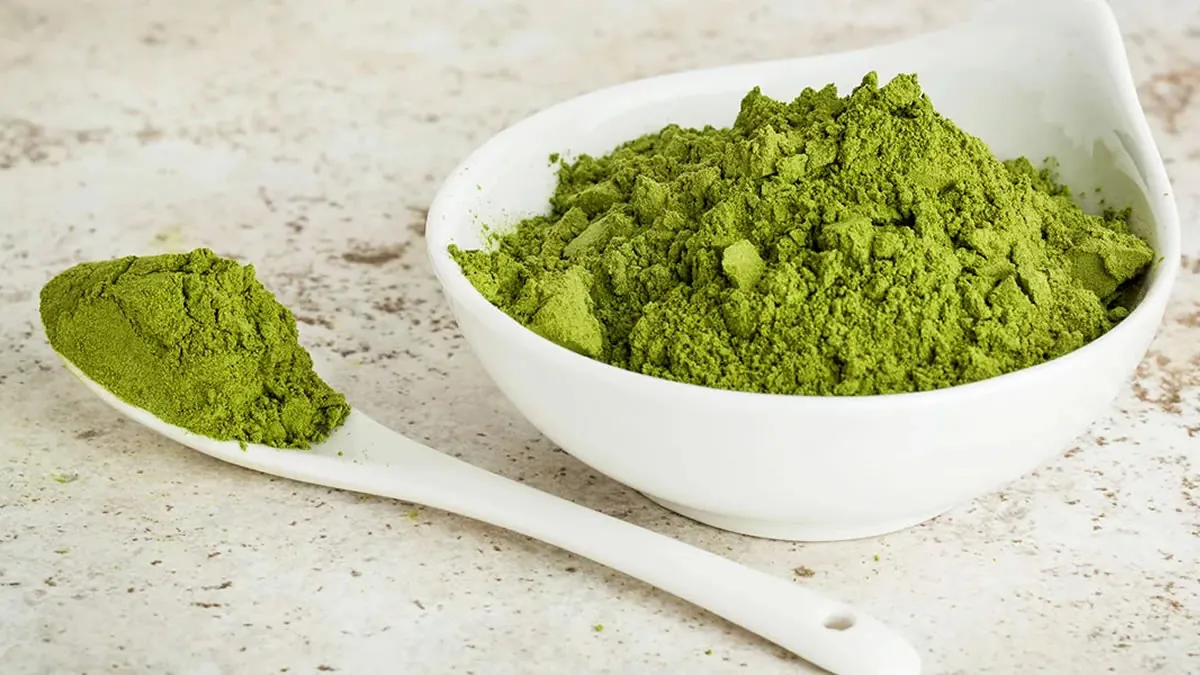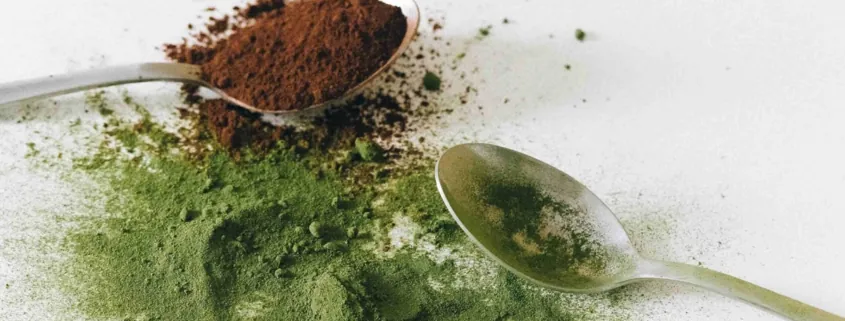Kratom Canada: Understanding the Laws and Regulations
If you love herbs, you’ve probably come across kratom and maybe tried it for pain relief or relaxing effects. Due to its potential benefits, kratom has become widespread globally and is easy to find in online and even physical stores.
Canada is one of those countries where the use of kratom is not prohibited. However, it’s controversial, with some pushing for its legalization across the provinces while others are still skeptical about it. This can make it challenging for new users to understand its legal standing. But we’ve made that more manageable for you; read on to grasp the laws and regulations of kratom in Canada and what it means to users.
Understanding Kratom
Kratom is an herb from Southeast Asian nations. It grows naturally on Borneo Island and thrives well because of the favorable climatic and soil conditions. The natives have used it for thousands of years by chewing the leaves or adding them to tea to provide relaxation. With time, people started to realize the potential benefits of this herb, and now it’s used worldwide.
In Canada, you can find kratom in physical shops, but for convenience, you can order high-quality kratom Canada online from the comfort of your home. The products are available in powder, capsules, or raw form, making them easy to add to your routine.
Health Canada and Kratom

Health Canada is a federal body that regulates the consumption of natural substances. Its main goal is to ensure Canadians access healthy natural substances that don’t affect their health. When it comes to kratom, Health Canada has not approved its use yet because there are insufficient studies to fully understand its potential health benefits and side effects. However, some users are reporting its beneficial effects. Despite all that, the herb remains legal in the country.
Canadian Food Inspection Agency (CFIA) and Kratom
CFIA is dedicated to ensuring Canadians get access to safe health products. Regarding the use of kratom, CFIA has not banned the use of Kratom. However, the body requires sellers to avoid labeling it as an ingestible substance. They can label it for other purposes, such as research. Or simply ‘not for human use.’
The main reason for this requirement is the same as other regulatory bodies- more studies still need to be done on kratom. From the preliminary studies that seem to agree on kratom’s potential health benefits, there’s hope for kratom.
Shipping Laws for kratom in Canada

Adults are allowed to ship kratom in and out of Canada. To do this, they should pack the products well in safe packaging boxes and label them well. If you are shipping it from Canada to another nation, you should carry out proper research on the possession and consumption of kratom in that country. Most countries still ban its use, and shipping it there could lead to legal troubles. To stay safe, be sure to follow the rules that apply to your destination.
What Kratom Rules in Regulations Mean To Canadians
The strict federal regulations in Canada on kratom use mostly target sellers and not consumers. The laws require sellers to have valid licenses to ensure they meet the standards. In addition to the license, sellers should properly label the products according to the legal requirements. Sellers not adhering to the rules may face legal repercussions, including heavy fines or jail terms.
Users should also be responsible when taking kratom, watching Health Canada’s safety concerns. Having a sound understanding of kratom’s effects before using it is advisable. For instance, the user should understand the possible side effects of taking or overdosing on kratom to approach it cautiously. This way, they know when to stop or continue using the product.
The Future of Kratom in Canada

Currently, the legality of kratom in Canada remains in the gray zone. There’s no direct ban on this herb nationwide, but its usage and labeling procedures are highly controlled. Nevertheless, kratom continues to become popular in the country, which means more people are embracing its use. With time, the federal authorities may start to regulate the use of kratom in the country if the product is proven to be helpful to the body.
In the meantime, kratom consumers should be keen when buying kratom by only getting it from authorized sellers who are reputable and have a trading license. They should also use it responsibly to avoid the risk of severe side effects.
Conclusion
Kratom in Canada remains legal, as it’s not classified as a controlled natural substance by the federal bodies. As such, you can buy, keep, and use kratom as it suits you—of course, with moderation. However, sellers should adequately label the products required by the law. When buying, we can’t overstate the importance of buying high-quality kratom from trusted sources—it simply guarantees your safety and an incredible experience!
- Best Delta-8 THC Carts of 2025: Top 5 Vapes Reviewed - July 16, 2025
- UK Vape Ban: Your Guide to Legal Alternatives in 2025 - July 4, 2025
- The Global and U.S. Vaping Industry in 2025: Growth, Challenges, and Opportunities - May 27, 2025









